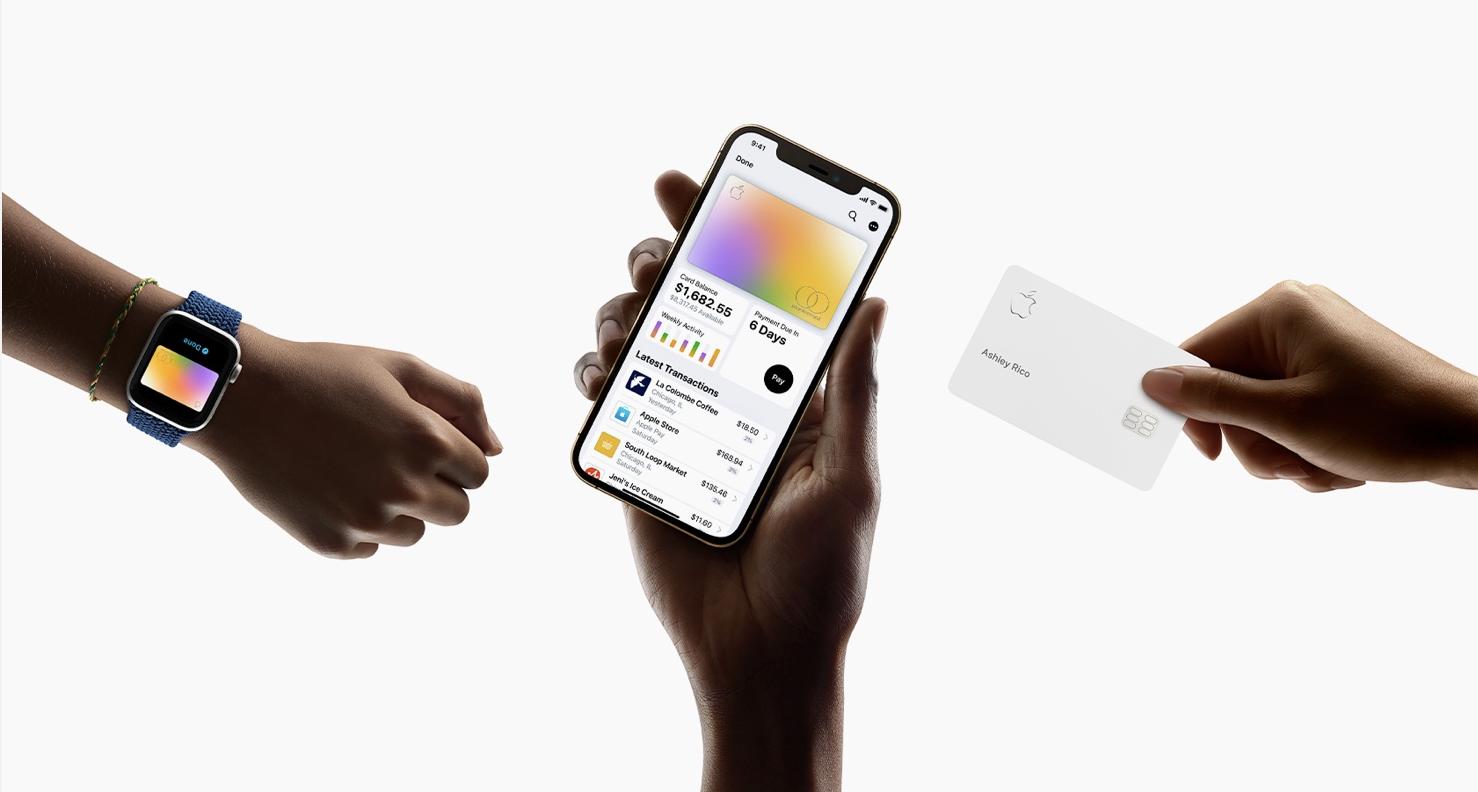Apple Card's Goldman Sachs' divorce could bring changes to the product for consumers — Apple's data could be a prize for any newcomer
Your data might not be as private as you think.

Apple Card might be almost universally loved by everyone who has access to it, but it's very much the black sheep of the Goldman Sachs portfolio — and it wants out. But ditching a contract isn't easy, even for huge banks, and that's definitely the case when the other party involved happens to be the world's biggest company.
Apple of course brought Goldman Sachs on board when the Apple Card launched back in 2019, and it's the bank that carries almost all of the downside associated with the deal. With that in mind, it shouldn't be too much of a surprise that the bank isn't a huge fan of its deal, no doubt thanks to the fact that Apple Card has cost the company more than $1 billion since it launched.
However, if Goldman Sachs does find a way out of its Apple Card contract it might be very bad news for its customers, with Apple's privacy-first approach set to be put to the test and other credit companies likely to want some of that sweet, sweet customer data.
Privacy matters, unless you're a bank
One of the key differences between Apple Card and most other credit cards is the way Apple controls the data associated with transactions. In the case of the Apple Card, data is not sold to third parties for marketing or advertising purposes, something that makes it a better option for the privacy-conscious. However, as Reuters reports, any bank looking to take over from Goldman Sachs is likely to want to rewrite that portion of the deal.
"Credit card issuers such as Synchrony Financial, Citigroup, and Capital One would be logical partners to take on the venture if terms are changed," Reuters reports, citing "two sources and another source familiar with the situation." This all means that anyone who has an Apple Card could find their data becomes a hot topic for Apple and banks during any upcoming negotiations.
Apple of course does need to find a replacement for Goldman Sachs unless it intends to handle the lending side of Apple Card itself. It's so far been keen to avoid that, instead choosing to take control of the user experience — but only to a point. Goldman Sachs handles customer support for Apple Card, and its replacement would surely need to do the same.
A costly business
The data situation isn't the only sticking point over which company will take Goldman Sachs' side of the Apple Card on, either. It's thought the bank will need to change the terms of its own deal, too.
Master your iPhone in minutes
iMore offers spot-on advice and guidance from our team of experts, with decades of Apple device experience to lean on. Learn more with iMore!
"In searching for a buyer for its share of the partnership, Goldman will face pressure from bidders to reduce the value of its stake in order to make the price more attractive," Reuters says. This comes as Goldman Sachs CEO David Solomon comes under increasing pressure following his move into a retail banking sector that has so far been far from kind to his company.
Goldman Sachs hasn't given specific details on how its card business has performed, but Reuters says that the decision to give credit to people with low scores hasn't helped matters — with the lack of fees and subscription costs leaving Goldman Sachs with more downside than up — including writing off loans that are unlikely to be repaid by less affluent customers than the bank is used to working with.
All-change
The Apple Card will have to change, that's clear. But whether that will just mean a different name on the contract or a wholesale revamp of the financial product remains to be seen. The Apple Card you buy your iPhone 16 with in 2024 is likely to be the same one you hold today but after that? Time will tell.
More from iMore

Oliver Haslam has written about Apple and the wider technology business for more than a decade with bylines on How-To Geek, PC Mag, iDownloadBlog, and many more. He has also been published in print for Macworld, including cover stories. At iMore, Oliver is involved in daily news coverage and, not being short of opinions, has been known to 'explain' those thoughts in more detail, too. Having grown up using PCs and spending far too much money on graphics card and flashy RAM, Oliver switched to the Mac with a G5 iMac and hasn't looked back. Since then he's seen the growth of the smartphone world, backed by iPhone, and new product categories come and go. Current expertise includes iOS, macOS, streaming services, and pretty much anything that has a battery or plugs into a wall. Oliver also covers mobile gaming for iMore, with Apple Arcade a particular focus. He's been gaming since the Atari 2600 days and still struggles to comprehend the fact he can play console quality titles on his pocket computer.
